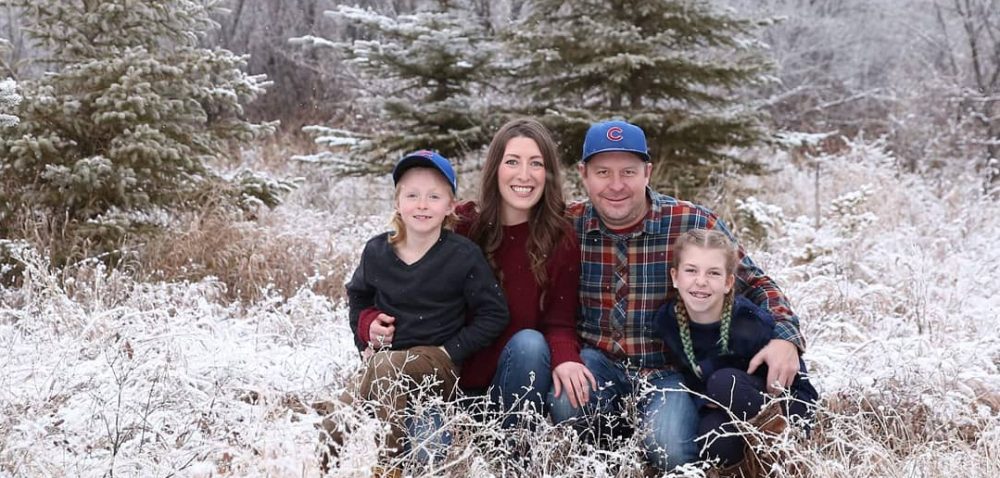I am having a hard time deciding what my understanding of citizenship is honestly. I am finding that there are many different layers to the concept or how it can be discussed. The point Mike Capello brings up though, about how Citizenship education is deeply embedded in settler colonialism is something I am trying hard to focus on and understand exactly what systems and practices are set up in that colonial mindset and system. Because a lot of my education as a child and youth did not focus on the truths of our past, especially with the treaties and Canada’s first 150 years, I feel I have a lot of educating myself to do. Every system I know is colonial, and I want to understand how to differ away from that. So far, in my first year of my Education degree, there has been a lot of talk and stress on making sure we lift these colonial routes and fully embrace truth and reconciliation education and what our futures look like.
I found Mike Capello’s talk on Citizenship education very empowering and educational. He really has me sitting back and thinking about my past education and my role and place in Treaty education. When he speaks about how land acknowledgements are not just “a wrote performance of liberal goodness” (14:12) but “a vision of our future we are living into” (14:22), it really struck something with me cause it made me check in with myself and make sure I wasn’t education myself just for liberal goodness and actually attempting to understand Indigenous people, their knowledge and ways of knowing, to avoid using them for political correctness, as stated around 12:41.
It is our jobs as educators to incorporate Treaty Education and the Journey towards Truth and Reconciliation into our citizenship education as much as possible to start to strive away from systems embedded in colonialism and make room for further education and acceptance. To strive away from a system that makes it advantageous for those who are white. Joel Westheimer states that it in important to educate on kids to “know how to tell what’s worth reading (6:11) and I would agree with that and tie it into Capello’s statements about preparing our students to engage the world and teat critical thinking and critical engagement.
